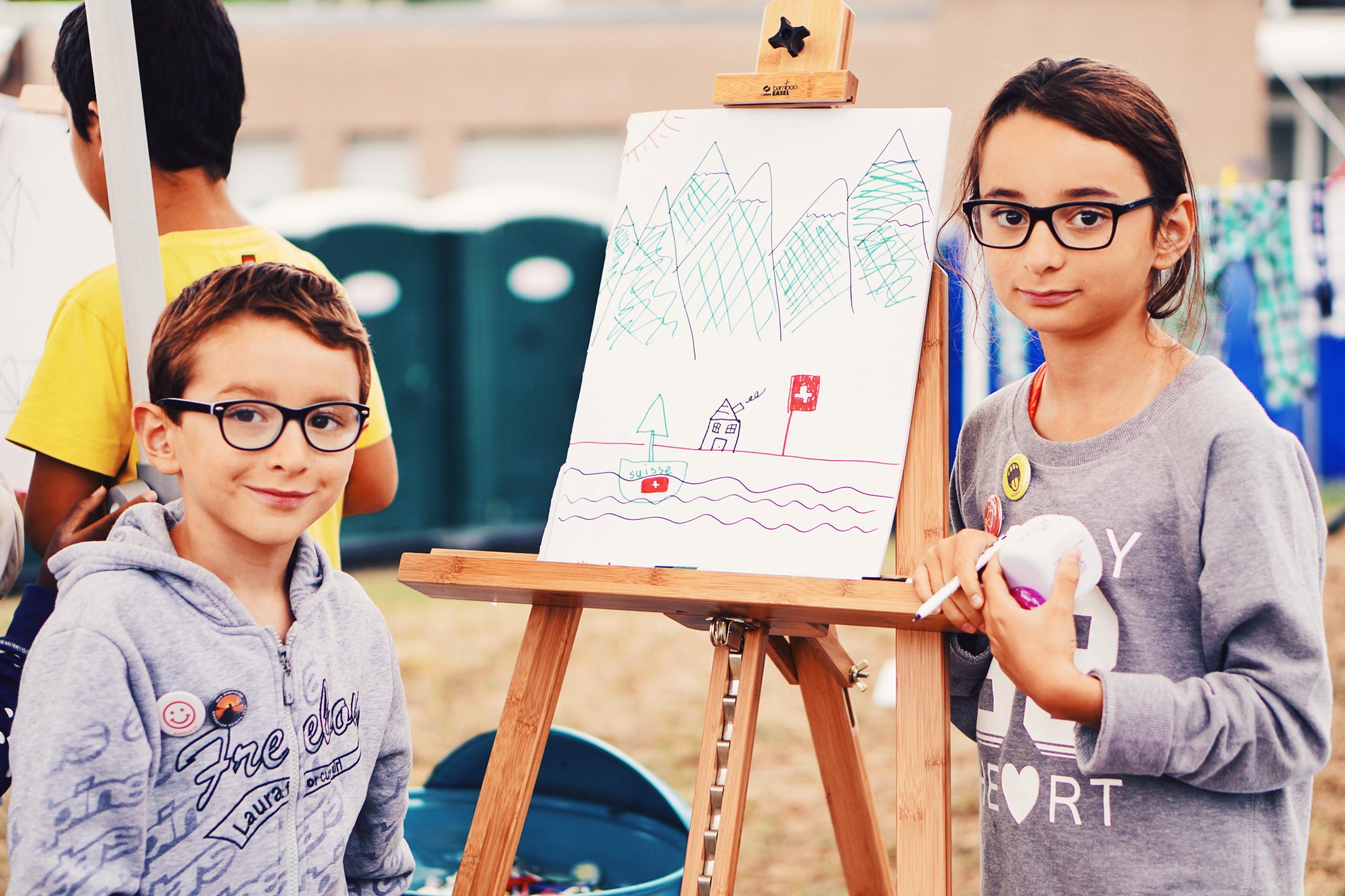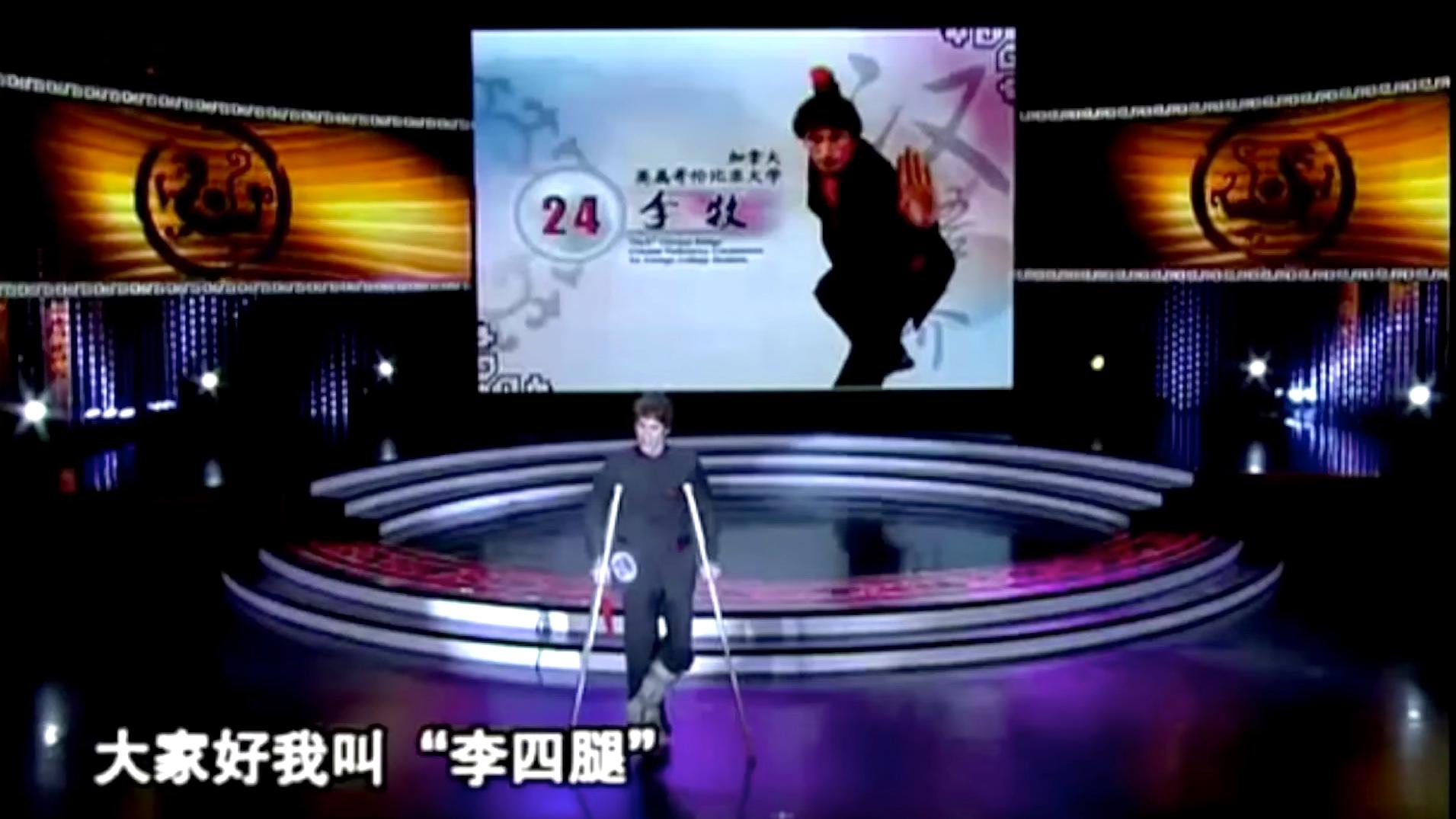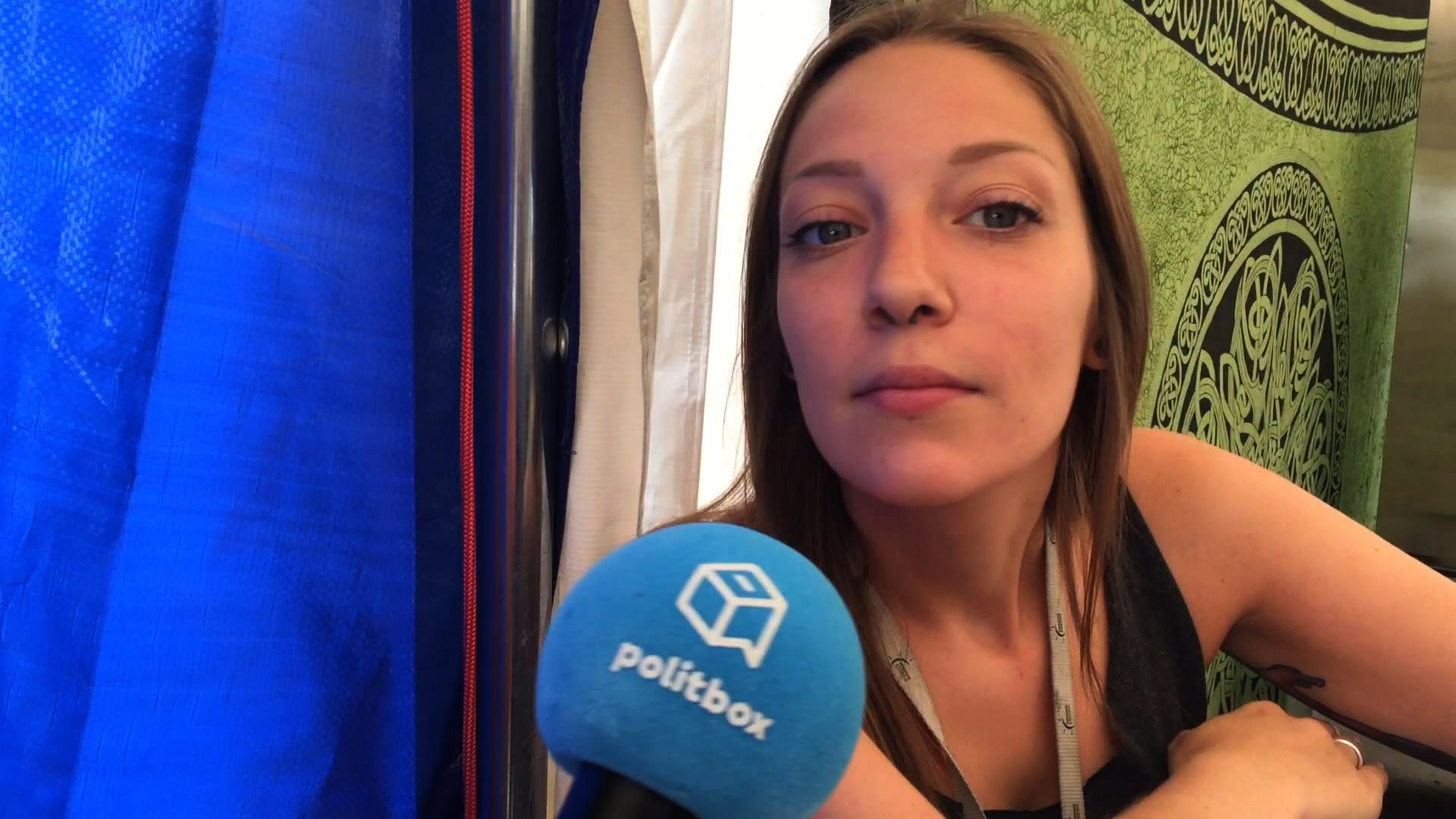
What does it mean to be Swiss?

In a country where it’s notoriously difficult to get a passport, people who hold one tend to see their citizenship as positive. But not everyone with a passport has the same perspective. Where you – or your parents – were born and where you now live colours how you feel about Switzerland.
Being Swiss means “living in a country with unlimited possibilities,” says 19-year-old Ilir Schala, who came to Switzerland from Kosovo at the age of two. Schala is one of six young candidates for the Swiss House of Representatives who shot a selfie video for Politbox’s livestream looking at the Swiss Identity. All were first- or second-generation Swiss, meaning their parents and/or grandparents are not from Switzerland originally.
Politbox
To increase young people’s interest in the October 2015 elections, the Swiss Broadcasting Corporation launched Politbox in May 2015, with journalists from the country’s four language regions and swissinfo.ch. In addition to designing the downloadable Politbox quiz App with information about Switzerland, the team has spent the summer touring the country with a retro camper, talking to people about issues that matter in Switzerland.
Many of the candidates referred to life in Switzerland as a “privilege”.
“The tap water here is a true luxury,” said 24-year-old Mathuran Poopalapillai, the son of refugees from Sri Lanka.
For him, “being Swiss means, on the one hand, having local roots, and on the other, being open to the world.” Poopalapillai, who lives in the Swiss capital where German is spoken, believes that language is a key to integration: “The better you can speak dialect, the more you are viewed as Swiss.”
Although the Swiss learn multiple languages in school, they don’t actually travel very often to other language regions. A poll of users of the Swiss Broadcasting Corporation’s politbox quiz game appExternal link showed that 33% travel to another region only once a year.
For dual nationals who live abroad, however, travelling long distances is perfectly normal. Politbox journalists caught up with a group of young Swiss in Interlaken, where they were attending a camp organised by the Organisation of the Swiss Abroad (OSA).
Do they feel Swiss?
“I see myself as more an American but I wish I saw myself as more Swiss. I think it’s more unique and I like it more than the US,” says one young girl.
What do outsiders think about their Swiss origins?
“Most of the time when I tell them I’m going to Switzerland, two minutes later they ask me a question about Sweden,” says a young man.

More
Identity of young Swiss abroad
Young Swiss who live abroad are often multilingual. They’re used to travelling. And they realize that there are many things about Switzerland that people outside of the country don’t understand.
Understanding another culture takes time. Liam Bates of Morges has an American mother, a British father, and grew up in Switzerland. “Today I still have ties with all three of these countries,” he says.
Bates lives in a fourth country with a completely different culture: China. He was young – only 15 – when he first went to China, to learn kung fu. Today he speaks Chinese and is the celebrity host of a Chinese television programme that has 300 million viewers.
Although most of his programmes are produced in China, Bates also travels to other countries. For one broadcast he introduced Chinese viewers to Switzerland – not just the mountains, but also the wine, and the Army.
Bates says people in Switzerland are very fortunate. If you break your leg in the mountains of Switzerland, a helicopter from the Swiss air rescue comes to take you to the hospital, he says. If you break your leg in the mountains in China, “you walk the 20 kilometres with your broken leg”.

‘Grateful’ and ‘proud’
People in Switzerland have a lot to be thankful for. But when it comes to describing their homeland and the Swiss identity they have a range of perspectives.
French-speakers at the Plein-les-Watts reggae festival in Geneva were asked to describe Switzerland in a single word –“un seul mot”. For many of them, it wasn’t an easy task.
The words they came up with: Convivial. Diverse. Mixed. Watches. Fondue. Festive. Edelweiss. Respect. Incredible. Amazing. Raclette. Exceptional. Organised. Fresh. Joyous. Reserved.

More
Switzerland in one word
And when a new Twitter hashtag in five languages was created as part of the Politbox project – #myswitzerland, #meineschweiz, #masuisse, #miasvizzera, and #miasvizra – and people were asked to share what Switzerland means to them, answers ranged from “My Switzerland is strong by virtue of her diplomacy, not her arms” to “My Switzerland is the place I gratefully come back to after every trip abroad” to “I trust my Switzerland to take responsibility for those who have no Switzerland”.
Finally, whether you’re born Swiss or choose to become Swiss is apparently not that important when it comes to being happy about being Swiss.
Politbox users who responded to an opinion question asking “How do you feel about being Swiss?” were overwhelmingly positive. Almost no one was indifferent or dissatisfied: 37% of Politbox users chose “grateful” and “40% chose “proud”.

In compliance with the JTI standards
More: SWI swissinfo.ch certified by the Journalism Trust Initiative































You can find an overview of ongoing debates with our journalists here . Please join us!
If you want to start a conversation about a topic raised in this article or want to report factual errors, email us at english@swissinfo.ch.